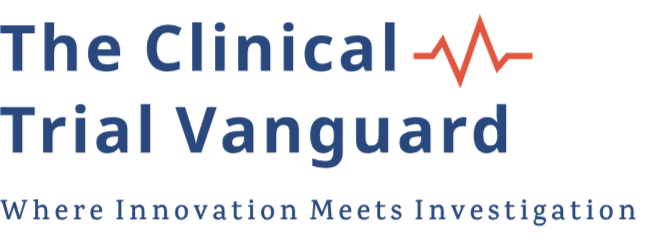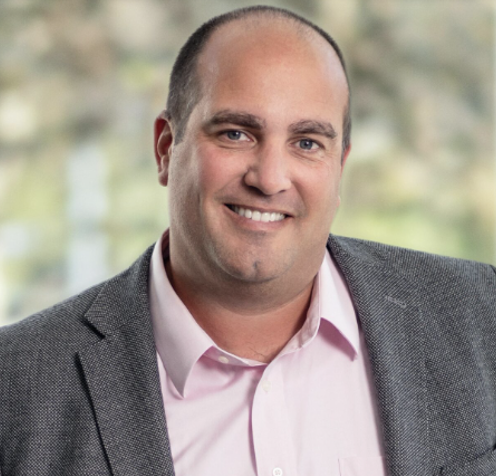
Mike Hughes, YPrime chief product officer, discusses how innovative software solutions create a supportive and efficient ecosystem for site personnel and patients, in this interview with The Clinical Trial Vanguard.
 This article features an interview with Mike Hughes, chief product officer at YPrime, discussing the increasing complexity of clinical trials and how advanced technology can address these challenges. Hughes emphasizes the importance of a modular system approach that integrates various technological tools to streamline clinical trials, making them more efficient and cost-effective. By actively engaging with stakeholders such as site personnel, patients, and sponsors, YPrime ensures that their solutions are not only technologically advanced but also user-friendly and responsive to the needs of all involved. This approach helps maintain accessibility and manageability in clinical trials, driving forward medical research effectively.
This article features an interview with Mike Hughes, chief product officer at YPrime, discussing the increasing complexity of clinical trials and how advanced technology can address these challenges. Hughes emphasizes the importance of a modular system approach that integrates various technological tools to streamline clinical trials, making them more efficient and cost-effective. By actively engaging with stakeholders such as site personnel, patients, and sponsors, YPrime ensures that their solutions are not only technologically advanced but also user-friendly and responsive to the needs of all involved. This approach helps maintain accessibility and manageability in clinical trials, driving forward medical research effectively.